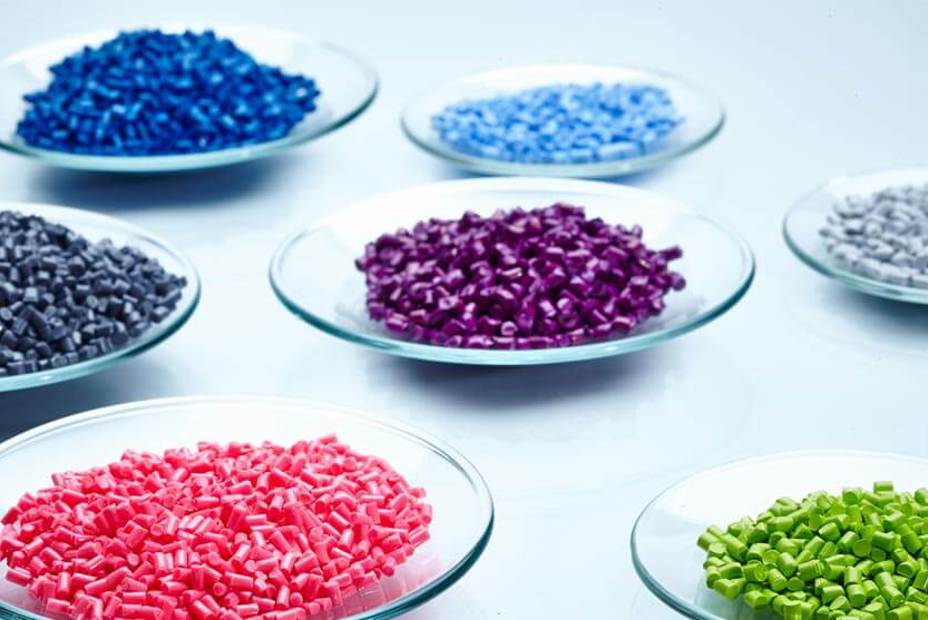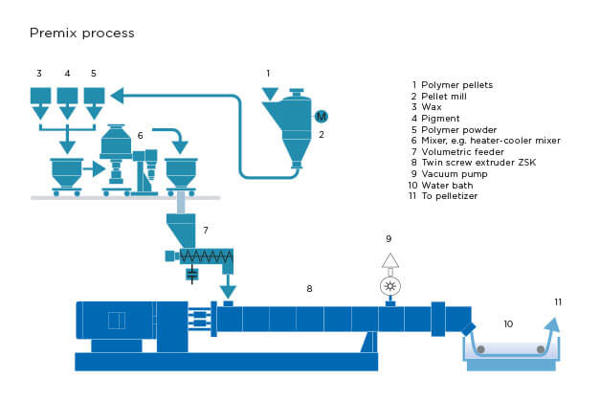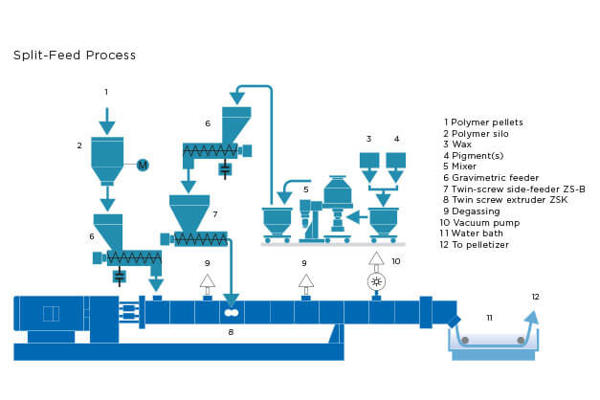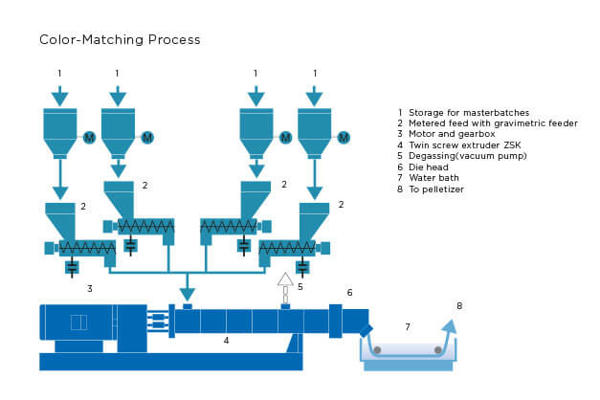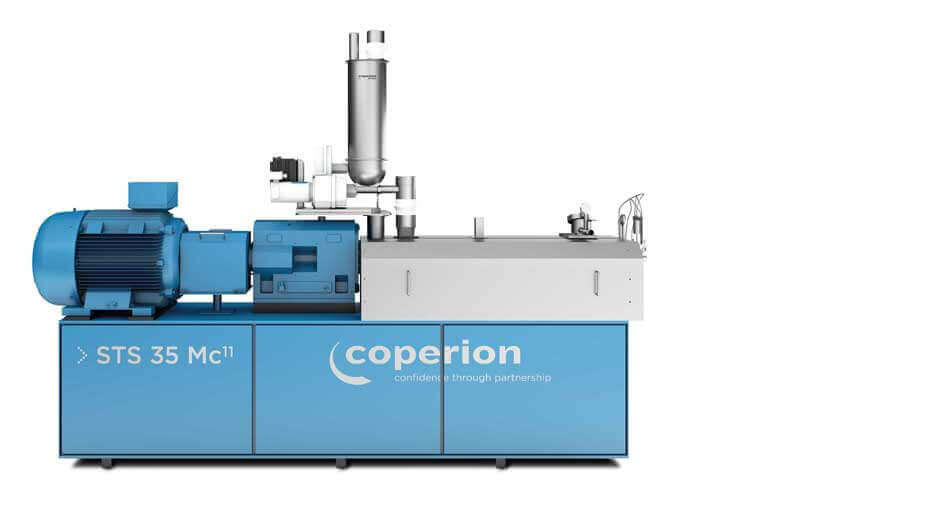Quality is our benchmark in compounding systems for masterbatch
The processing of masterbatch makes great demands on the compounding process: The pigment and additive parts must be mixed into the base polymer absolutely homogeneously. Coperion compounding systems and extruders are particularly suitable for the processing of masterbatch because of their excellent mixing properties and gentle product handling. In addition, Coperion and Coperion K-Tron offer a wide range of material handling components such as feeders, valves and conveying systems for both the raw ingredients and the end product.
With our extensive process know-how we tailor all the process steps from raw materials feeding, conveying, melting, dispersing, homogenizing, devolatilizing, pressure build-up to filtering and pelletizing exactly to the requirements of your masterbatch recipes. This gives you exactly what you expect: a compounding system that is optimally tailored to your application.
The term masterbatch includes concentrates of pigments or additives in a polymer matrix. Masterbatch is mainly available in the form of standard pellets but also in the form of mini-pellets. A distinction is made between white, black and colored masterbatch depending on the pigment type. The premix, split-feed and color-matching processes are available for compounding masterbatch.
